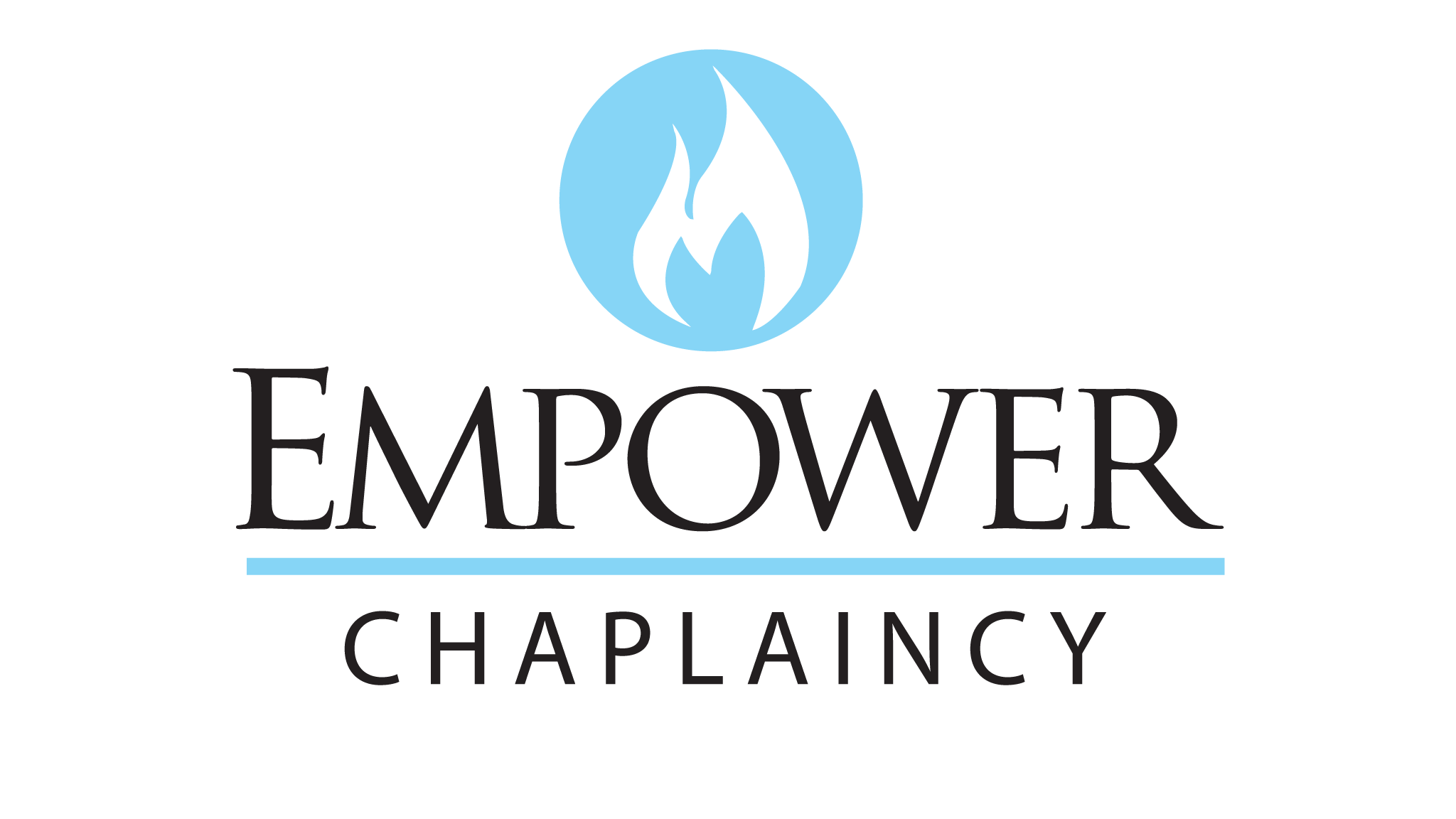I started lead pastoring in July 2020. People would often ask me what it was like to be a lead pastor. In the midst of Covid, I had no clue what it looked like to pastor. Pastoring looked like putting out fires and cleaning up the mess and broken pieces left behind. Pastoring looked like responding to crisis and helping people manage trauma caused by separation, loneliness, death, sickness, fear, and social tensions. Covid changed churches, communities, congregants, and pastors. I didn’t know it then but in that season, I needed the skills of both a pastor and a Chaplain.
God never told me what being a pastor looked like but he did very clearly tell me that I was called to pastor the community not just the church. As I led the church to reach out into our Covid broken community, we found that meeting practical needs was most effective. As we were obedient to step out in faith, God continued to open doors of opportunity to influence our town and love our neighbors. God has always called me to creativity. I was pastoring completely dependent on God, not because I was super spiritual but because I had never seen a model of ministry like the one I felt called to pursue. The Community Chaplaincy program has given language, partners, and tools to the creative way God has called us to reach our town.
Chaplaincy is respected in our community because Chaplains require specialized training. Our church interacts with the police and fire departments weekly. We have a great relationship with both. When I told them I was training to be endorsed as a Chaplain, I gained professionalism and legitimacy in their eyes. A Chaplain is a specialized pastor trained to respond to brokenness. A Covid broken world needs more Chaplains inside the church and in the community.
Once I was elected the lead pastor, it became quickly evident to me that I needed additional training. I needed tools to fight the fires and respond to the crisis I faced weekly as a community pastor. I was listening to multiple books and podcasts each month, training to be a life coach, seeking out mentors, and researching ways to be adequately trained to fulfill my call on the salary of a single pastor in a small rural church. I meet Kim and Laurel Harvey at a Rural Compassion training. Kim invited me to participate in his Community Chaplain Cohort. I agreed, still not knowing that these classes and this endorsement is exactly what I needed.
The first week of the class I realized I was already acting as a Community Chaplain without the training or endorsement. The assignments were practical and challenged me to reach into my community in ways that I hadn’t considered. The Zoom calls allowed me to meet pastors all over the United States who were called to the same creative ministry. The weeklong intensive in Springfield showed me that I not only had the support of our cohort group but the support of the fellowship behind me. All week long I was reminded that God always starts in small places. God always uses those who feel insignificant. God always uses those who are willing to be trained, dream big and be obedient.
It would be a disservice to our fellowship if Kim’s model isn’t taken as an example of how to effectively resource and equip pastors. Education and training set us apart and allow us to effectively interact with community leaders as professionals. This program was an affordable way to continue my education. Pastoring still looks like loving broken people in the church and community. I’m still dependent on God to determine my call. But I am now equipped with community, education, and practical tools to continue walking out my call with excellence.
– Jessica J.
PennDel Ministry Network

